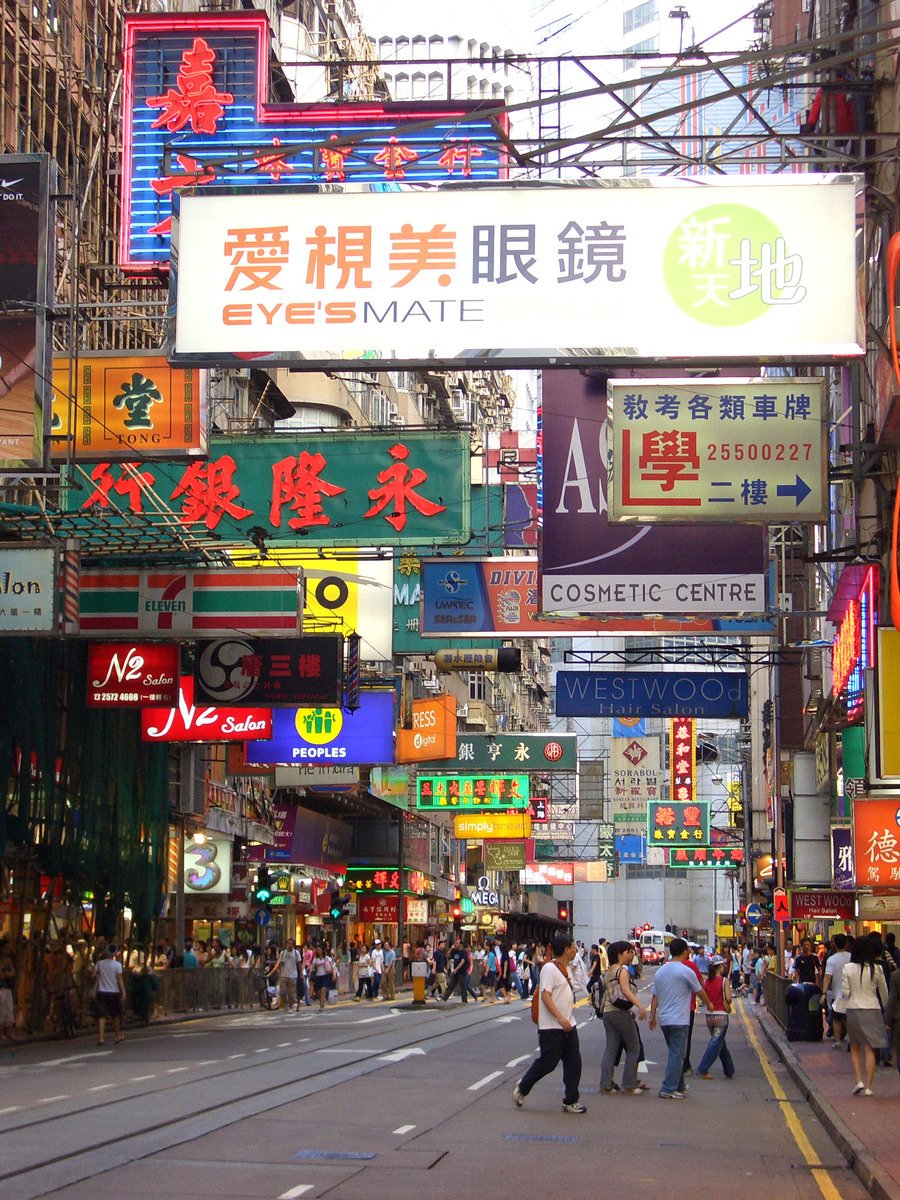
Summary: A quick look at some high-profile cases in which large Asian firms are embroiled; it seems clear that litigation activities have shifted eastwards (where actual production is done)
THE patent trolls are down for the count in the US. Litigation is down, especially in their favourite venue (where cases fell by more than half). This impacts not only trolls but any company which relies mostly/only on litigation rather than production.
The media which cheers for patent trolls (usually funded by patent trolls too) has begun looking eastwards. Sometimes it's even moving eastwards and hiring there. They attempt to adapt in order to survive.
Watchtroll, as usual, tries to malign defendants; in this one post it claims that Samsung was -- in the context of the Chinese legal system --
"Maliciously Delaying Negotiations". We wrote about this earlier this month and did not see such an accusation. "Observers believe a case in which Samsung was found to infringe Huawei’s SEP patents is helpful in determining what is misconduct in FRAND negotiations and a sign the Chinese judicial system is resolving increasingly more complicated and new IP disputes," Karry Lai
wrote from Hong Kong (for
Managing IP). Well, FRAND itself can be viewed as a form of "misconduct" or at least injustice. Perhaps Samsung has a legitimate explanation/side/role in this story.
Staying around Asia (although in US courts such as CAFC), in Taiwan we have
HTC coming under attack again (from a rather obscure entity called Advanced Video Technologies). In the words of Patent Docs:
One of the most important (if not the most important) inquiries in performing due diligence involving acquisition of a patent portfolio is ensuring that the entity asserting ownership of the patents actually has proper title (in what can be a complex chain, starting with the inventors). This is particularly true in view of the position taken by the Federal Circuit that even one inventor, who has not assigned her rights, can prevent the other inventors or their assignee from bringing suit as being an indispensible party, and that the Federal Rules of Civil Procedure do not permit that recalcitrant inventor from being involuntarily joined. The failure to make sure that the chain of title was intact led a district court to grant defendants' motion to dismiss, in Advanced Video Technologies LLC v HTC Corp., a decision the Federal Circuit affirmed last week.
All these sorts of 'nuisance' lawsuits have over time shifted to Asia, especially China and Singapore. As for Japan? Or Korea? They aren't quite as overzealous with their patent laws.
Further north (to Taiwan) and over in Japan, the main English-speaking media
is adoring patents again. In reality, it's their products (e.g. cars) and not their patents which make the Japanese prosper. But to IAM writers
this misleading report is an adrenaline rush. Several patent maximalists link to it and this one says: "Impressive numbers, but usual caveat applies: most of these royalties are being paid from overseas subsidiaries to their parent companies in Japan, especially in the auto sector..."
IAM's Jacob Schindler said that and he also said that "Nintendo's first patent assertion in Japan sends rival's share price plummeting," reminding us of
this lawsuit which might end up destroying a small company (using patents alone). To quote:
On January 10 2017, a Japanese mobile game company COLOPL announced that it got sued by Nintendo for patent infringement. Nintendo seeks JPY 4.4 billion (approximately $40 million) in damages and an injunction to stop operation of “Shiro Neko (White Cat) project” which is COLOPL’s most profitable smartphone game. Nintendo reportedly filed a lawsuit at Tokyo District Court on December 22 2017 after the negotiation for over a year since September 2016. This is the first time Nintendo has filed a patent infringement lawsuit in Japan. Nintendo alleges the COLOPL’s game infringes on Nintendo’s 5 patents relating to touch panel operation and other technologies.
We
wrote about it last week. It's not about software, but it puts in jeopardy a legitimate business.
⬆

